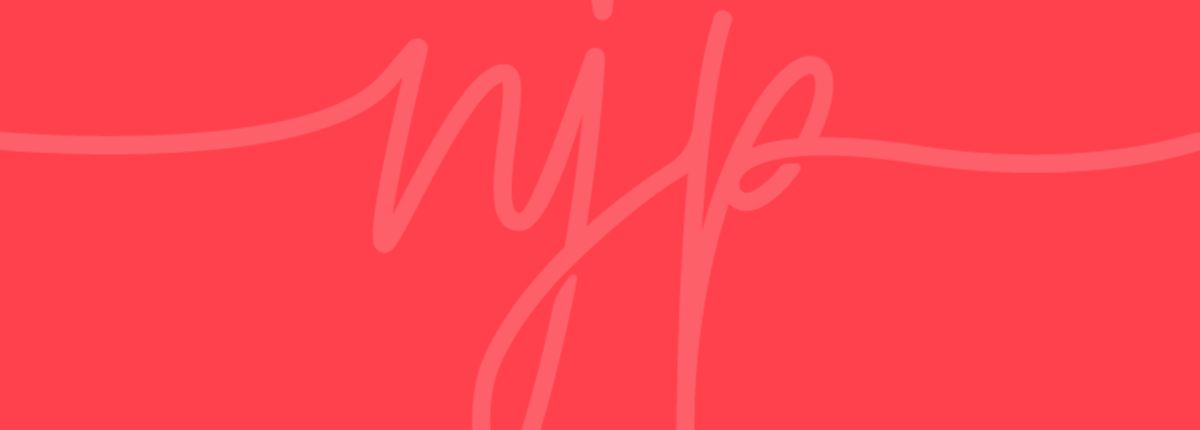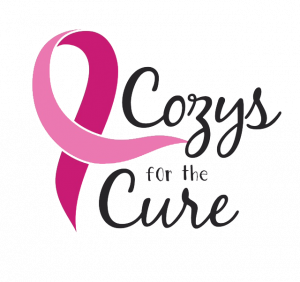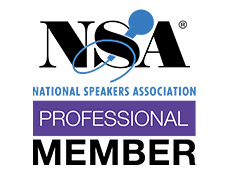I recently realized I’ve been writing this column for almost exactly two years. I still remember standing on stage at The Avalon in downtown Fargo for the launch party of the new SheSays section. I felt so proud to be included in such a prominent group of female writers and more than a little overwhelmed and intimidated.
I was nervous writing about kindness. I wasn’t sure people would buy into the whole “we sure could use a little good news” thing that worked so well for Anne Murray.
There have been times over the past two years when my email inbox has been flooded with stories of kindness; other times it has been a deserted wasteland of spam.
I have seen growth in my writing and learned to deal with criticism. I feel a new level of comfort in sharing my opinions and personal stories.
I probably could have predicted those changes if I had ever stopped long enough to think about them. What I never could have anticipated are the ways in which I have changed physically and mentally since dedicating my life to kindness.
Researcher Allan Luks did a study in the 1990s involving more than 3,000 men and women. He concluded that regular helpers are 10 times more likely to be in good health than people who don’t volunteer.
Another study by the federal government in 2007 found that people ages 65 and older actually live longer and have lower rates of depression when they volunteer.
That was interesting to me because several years ago, I was a Lexapro junkie. OK, maybe not a true junkie, but I did rely on the drug to control my depression and anxiety.
Around the time I started looking for acts of kindness to do, I decided to try life medication-free. It was a gamble. I have three kids who need their momma to keep it together. I never had that crawl-under-the-covers-for-days sort of depression, but everyone around me could definitely tell when I was feeling off.
I weaned off the Lexapro. The first time I felt the dark cloud coming over me, instead of turning to a pill, I tried turning toward kindness. I made a distinct effort to do a random act of kindness for a stranger.
All of a sudden, I felt a huge rush of adrenaline, a blast of energy and total exhilaration. Several hours later, a heightened sense of calm and emotional well-being overtook my body.
I had experienced what Luks defined as the “helper’s high.”
According to Luks, the high has a biochemical explanation. Volunteering (or in my case a random act of kindness) reduces the body’s stress and releases endorphins, the brain’s natural painkillers.
Luks found stress-related health problems improve after performing kind acts. A drop in stress may, for some people, even decrease the constriction within the lungs that leads to asthma attacks.
Helping can decrease both the intensity and the awareness of physical pain in the body. It can strengthen the immune system.
Helping reverses feelings of depression from stress, supplies social contact and decreases feelings of hostility and isolation that can cause overeating and ulcers.
I don’t know if you’ve noticed, but a few months ago I updated my column photo. I’ve lost about 30 pounds since 2011, and thanks to Forum photographer Carrie Snyder, I have been able to exchange head shots. It turns out Luks may have been right about that overeating part.
Kindness is contagious, but I think it is also reparative. As soon as I started focusing on other people more than myself, I began healing myself.
Kindness and even the act of looking for acts of kindness got me out of my own head. I stopped focusing on me and in return I was the biggest beneficiary of any act of kindness I could have ever delivered.
Nicole J Phillips is a former television anchor for Fox News in Fargo. She is an author, speaker and mother of three kids. Nicole is married to Bison men’s head basketball coach Saul Phillips. Her columns run in The Forum Newspaper every Saturday.





